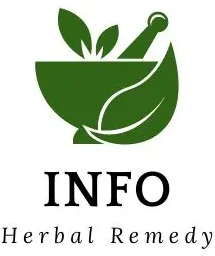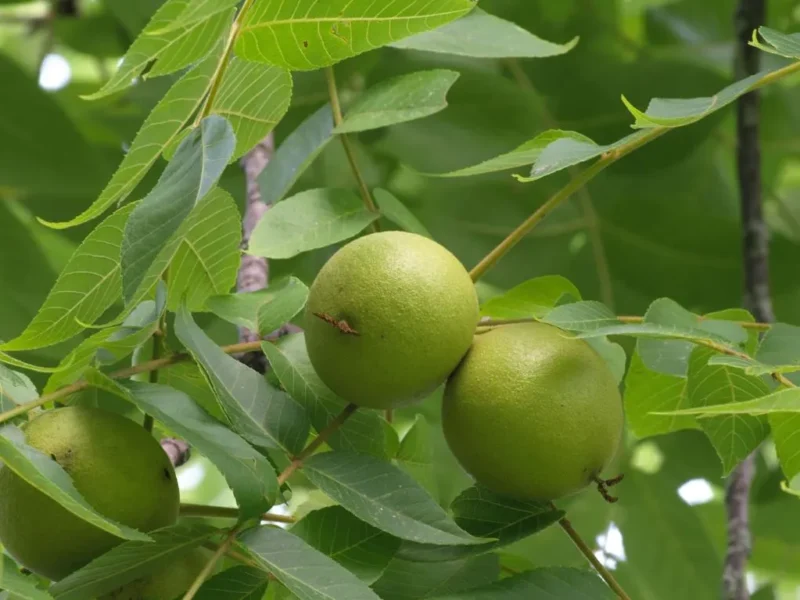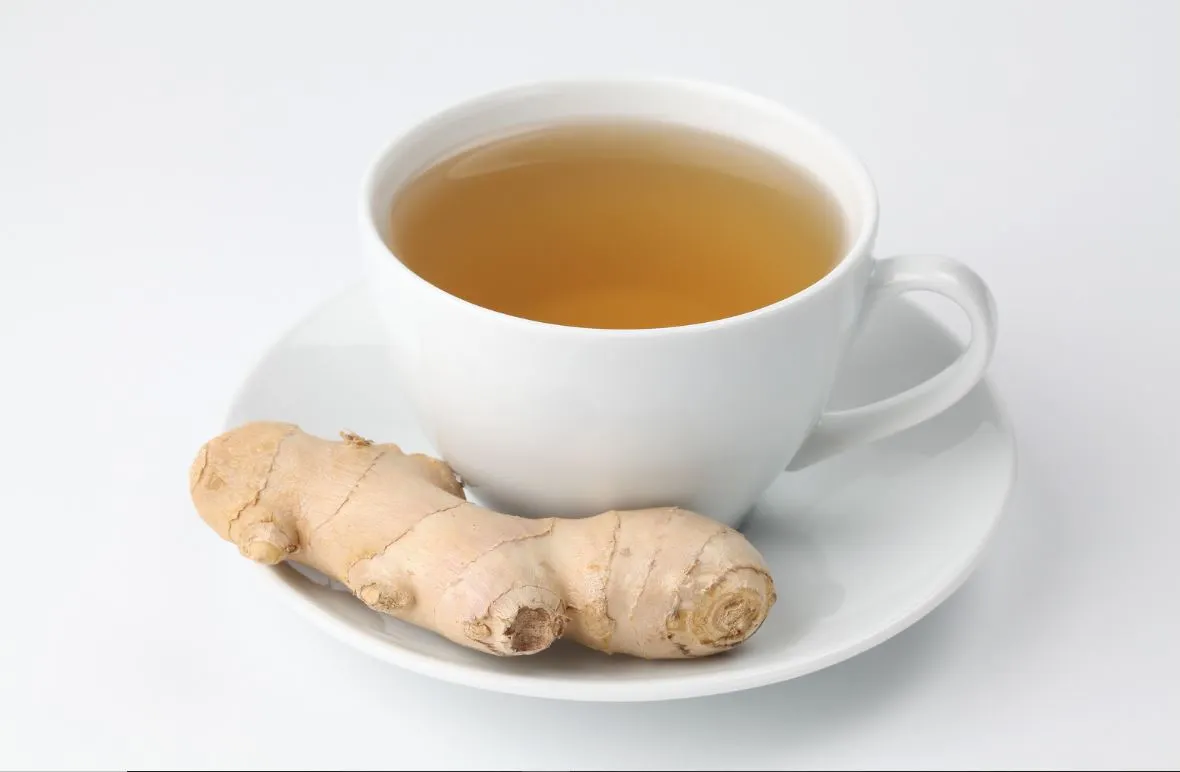Milk thistle has been used for centuries as a natural remedy for various health issues, particularly liver problems. However, there have been discussions about potential milk thistle cancer warning in recent years.
This article explores the current understanding of milk thistle’s relationship with cancer, separating fact from fiction and providing you with the information you need to make informed decisions about its use.
What is Milk Thistle?
Before diving into milk thistle cancer warning, let’s briefly discuss what milk thistle is and why it’s popular.
Milk thistle (Silybum marianum) is a flowering herb related to the daisy family. Its seeds contain a group of natural compounds called silymarin, which are believed to have antioxidant and anti-inflammatory properties. For this reason, milk thistle has been used in traditional medicine to treat liver and gallbladder disorders, protect the liver from toxins, and even support cancer patients during chemotherapy.
The Origin of Milk Thistle Cancer Warning
In recent years, some researchers and health professionals have raised concerns about potential milk thistle cancer warning.
These warnings stem from studies suggesting that milk thistle might interact with certain types of cancer or cancer treatments. Let’s explore these concerns in more detail.
Potential Interactions with Hormone-Sensitive Cancers
One of the primary milk thistle cancer warning relates to its potential effects on hormone-sensitive cancers. Some studies have suggested that milk thistle might have estrogenic effects, meaning it could mimic or enhance the effects of estrogen in the body.
This has led to concerns that milk thistle might stimulate the growth of estrogen-receptor-positive breast cancers, as well as other hormone-sensitive cancers like some types of prostate and uterine cancers. However, it’s important to note that the evidence for this is mixed, and more research is needed to fully understand these potential interactions.
Possible Interference with Cancer Treatments
Another aspect of milk thistle cancer warning involves its potential to interfere with certain cancer treatments. Some studies have suggested that milk thistle might interact with the way the body processes certain drugs, including some chemotherapy medications.
For example, milk thistle may affect enzymes in the liver that break down certain drugs. This could potentially lead to higher or lower levels of these drugs in the body, which could impact their effectiveness or increase the risk of side effects.
Evaluating the Evidence Behind Milk Thistle Cancer Warning
While these milk thistle cancer warning are certainly worth considering, it’s crucial to approach them with a balanced perspective. Here are some key points to keep in mind:
Limited Human Studies
Many of the studies that have led to milk thistle cancer warning have been conducted in laboratory settings or on animals. While these studies provide valuable insights, their results don’t always translate directly to human outcomes. More large-scale human studies are needed to fully understand the potential risks and benefits of milk thistle for cancer.
Potential Benefits for Cancer Patients
Interestingly, while there are milk thistle cancer warning, some studies have also suggested the potential benefits of milk thistle for cancer patients. For instance, some research has indicated that milk thistle might help protect the liver from damage caused by certain chemotherapy drugs.
Dosage Matters
Many of the concerns raised in milk thistle cancer warning are based on high doses of milk thistle or its compounds. The effects of milk thistle at typical supplement doses may be different and potentially less concerning.
What Does This Mean for You?
Given the complex nature of milk thistle cancer warning, what should you do if you’re considering using milk thistle, especially if you have cancer or are undergoing cancer treatment?
Consult Your Healthcare Provider
The most important step is to talk to your doctor or oncologist. They can provide personalized advice based on your specific health situation, type of cancer (if applicable), and any treatments you’re undergoing.
Related Guide: Black Pepper with Milk Side Effects? (2025)
Be Cautious if You Have Hormone-Sensitive Cancer
If you have hormone-sensitive cancer, such as certain types of breast, prostate, or uterine cancer, it may be wise to avoid milk thistle or use it only under close medical supervision, given the potential estrogenic effects mentioned in some milk thistle cancer warning.
Inform Your Doctor About All Supplements
If you’re undergoing cancer treatment, it’s crucial to inform your healthcare team about any supplements you’re taking, including milk thistle.
This allows them to monitor for potential interactions and adjust your treatment plan if necessary.
Consider the Quality and Dosage
If you do decide to use milk thistle, choose high-quality supplements from reputable sources. Stick to recommended dosages, as higher doses may be more likely to cause issues.
FAQs
1. Is milk thistle bad for cancer?
Specific people assert that it reduces the progression of specific cancers, such as prostate and breast cancer. Milk thistle may be useful in the treatment of some cancers and liver disorders. But initially, a lot more study involving a bigger sample size is required.
2. Are there any dangers in taking milk thistle?
Gastrointestinal issues (such as nausea, diarrhea, dyspepsia, gas, abdominal bloating, abdominal fullness or discomfort, anorexia, and changes in bowel habits) are among the side effects linked to oral milk thistle intake. ache. Skin responses include eczema, rash, pruritus, and urticaria.
3. Who cannot take milk thistle?
Consider avoiding milk thistle if you have endometriosis, uterine fibroids, breast cancer, ovarian cancer, or endometrial cancer.
4. Can milk thistle be poisonous?
Milk thistle is a poisonous, biannual, or winter annual hazardous weed that is listed as a Class A noxious weed. It grows 2–6 feet tall in disturbed habitats such as pastures, ditches, fencerows, and roadsides. Nitrate toxicity in cattle and sheep can result from ingestion. Emerging plants form rosettes.
5. Is milk thistle bad for kidneys?
Silymarin’s medicinal properties have been well investigated. Due to the flavonolignans in milk thistle, several studies have shown that it is beneficial for liver and kidney problems. Milk thistle is a useful remedy.
Conclusion
Milk thistle cancer warning highlight the complex relationship between natural supplements and cancer. While milk thistle has a long history of use and potential benefits, these warnings remind us of the importance of caution and medical guidance when using any supplement, especially in the context of cancer.
Remember, milk thistle cancer warning are not definitive statements that milk thistle causes or worsens cancer. Rather, they are cautious based on some research findings that suggest potential risks or interactions. More research is needed to fully understand these effects.
Ultimately, the decision to use milk thistle should be made in consultation with healthcare professionals who can weigh the potential risks and benefits based on your health situation. By staying informed about milk thistle cancer warning and working closely with your healthcare team, you can make the best decisions for your health and well-being.



